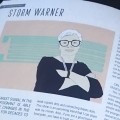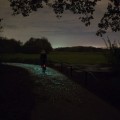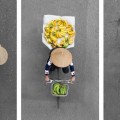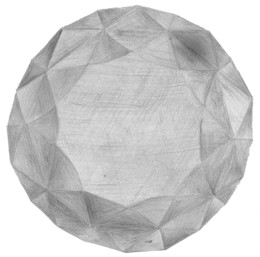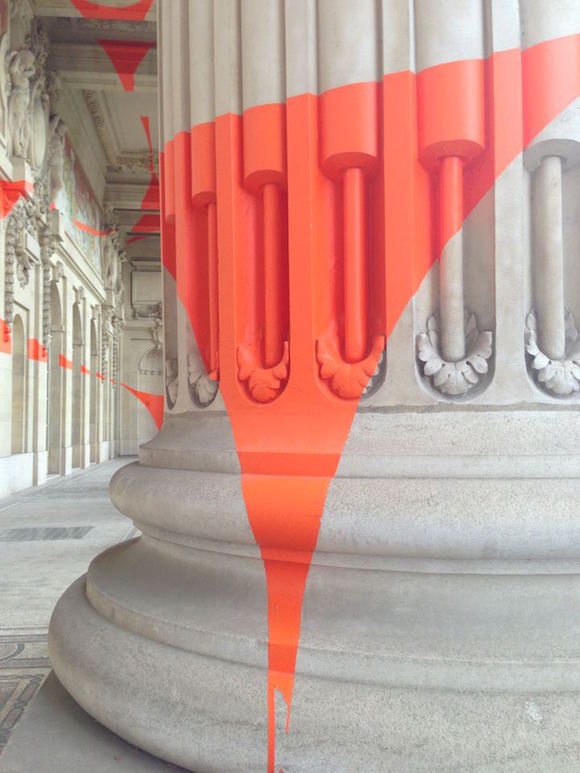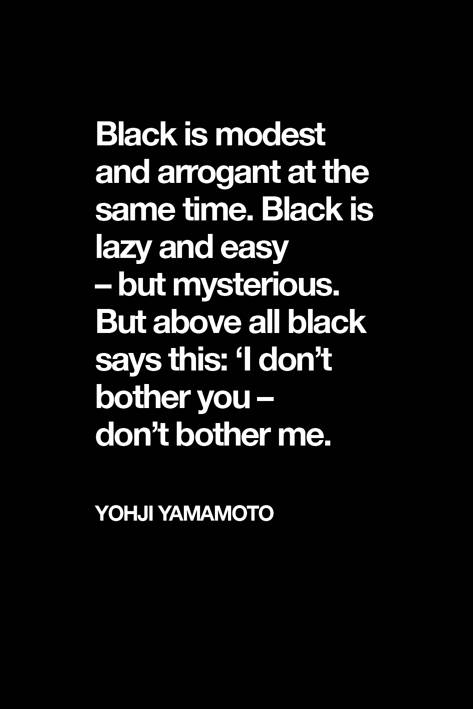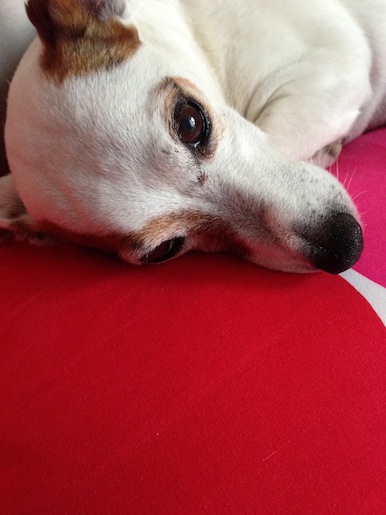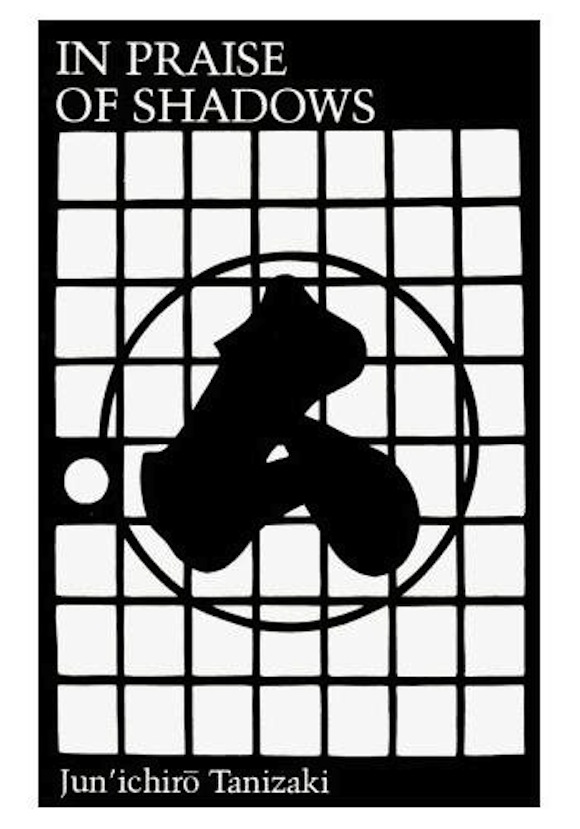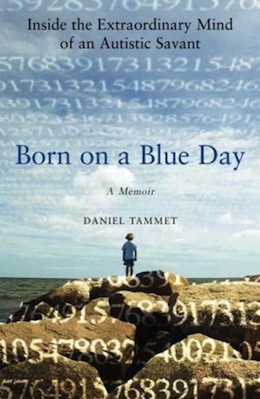I had been recently interviewed by The PowerHouse an innovation agency for FashionTech and wearable technology with whom I have worked to realize a Fashion Future & Mobility Trend Report .
We had 2 very long talks at the beginning of the lockdown and this is a summary of these exchanges. I share my perception of the future, what does my job as a trend forecaster mean today and the major changes that are happening.
I hope you will enjoy the read ;-)
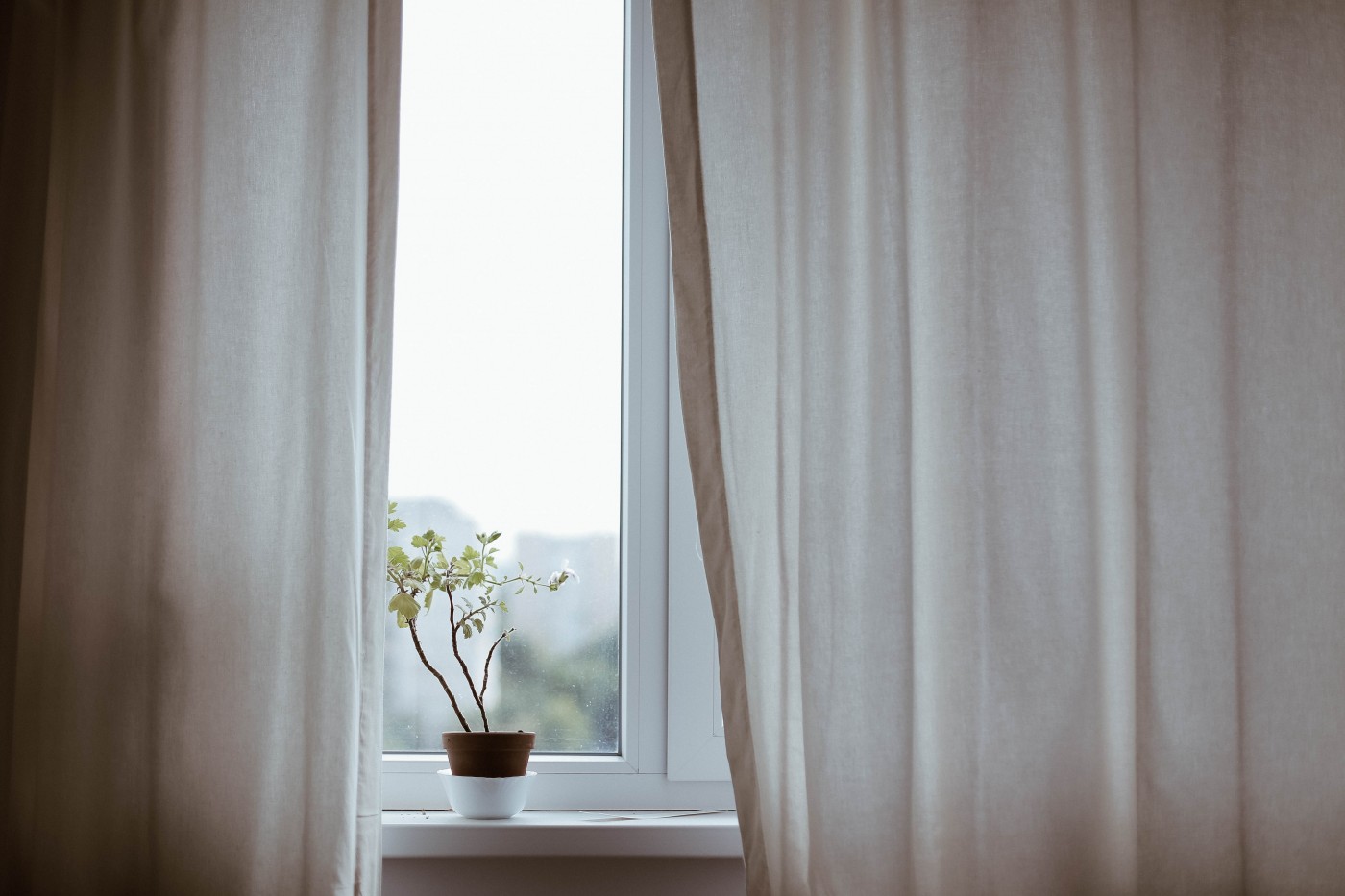
ThePowerHouse: As professionals and thinkers, what is our role in this moment of crisis?
Cécile Poignant: There is no precedent for this situation and we don’t know the rules. It’s all new for all of us. I think our role is to be prepared for afterwards. We first need to focus on the present and just do whatever we can to be helpful. But our fundamental role is to think of what’s going to happen after this. Now we can spend time thinking about the future. So it’s both a time for action in the present and a reflection on the future.
TPH: So what can we do now? How can we create value in this situation?
CP: All the things I had planned have been cancelled, and I’m someone that needs action. At the moment, I can’t go anywhere, so the only way of moving is by using my brain. I have started to study anthropology and am beginning an introduction to philosophy to feed my curiosity.
I’m not sure about anything else. I think no one is sure about anything. What we see is that everything is changing very quickly. The model we had been using for many years is not sustainable anymore. What we see is that things are changing not only from day to day, but even from hour to hour.
If you think about learning, travelling, eating and socializing, everything is different and going digital. Happily we have the internet. Can you imagine this situation without the internet? This virus is spreading so fast because of globalisation, but we also have the good side of globalisation, which is the internet. What we can do for now is to feed our curiosity!
TPH: Covid-19 is directly affecting our behavior, but do you believe that it’s something strong enough to keep our society in, like less travelling, less consumption, and so on?
CP: We are all changing and I think we have no other choice. It’s not like three months from now we can all take planes like usual, go to the theatre, or to summer festivals. Maybe there will be a second wave and another period of lockdown. The idea of, “Okay, let’s go back to normal exactly like it was before the lockdown.” is never going to happen.
It’s a very unique moment, where everything we took for granted is not there anymore. Everyone is losing security and the feeling of being grounded. This virus is pushing everyone, and our priorities are absolutely not the same. Our top priority from now on is to stay safe and to keep our families safe. All the rest, we don’t care: fashion, design, posting photos on Instagram… A lot of these things seem to be useless.
On one hand, people might think the best thing would be to go back to normal as quickly as possible. But the problem is: that ‘normal’ was the reason for this problem. So, is it such a good idea to go back to what we used to have?
Our future might be very different: with more regulations, more borders, and more surveillance. It’s not like there is a before and after, we are now in the middle. We are living it. We are changing.
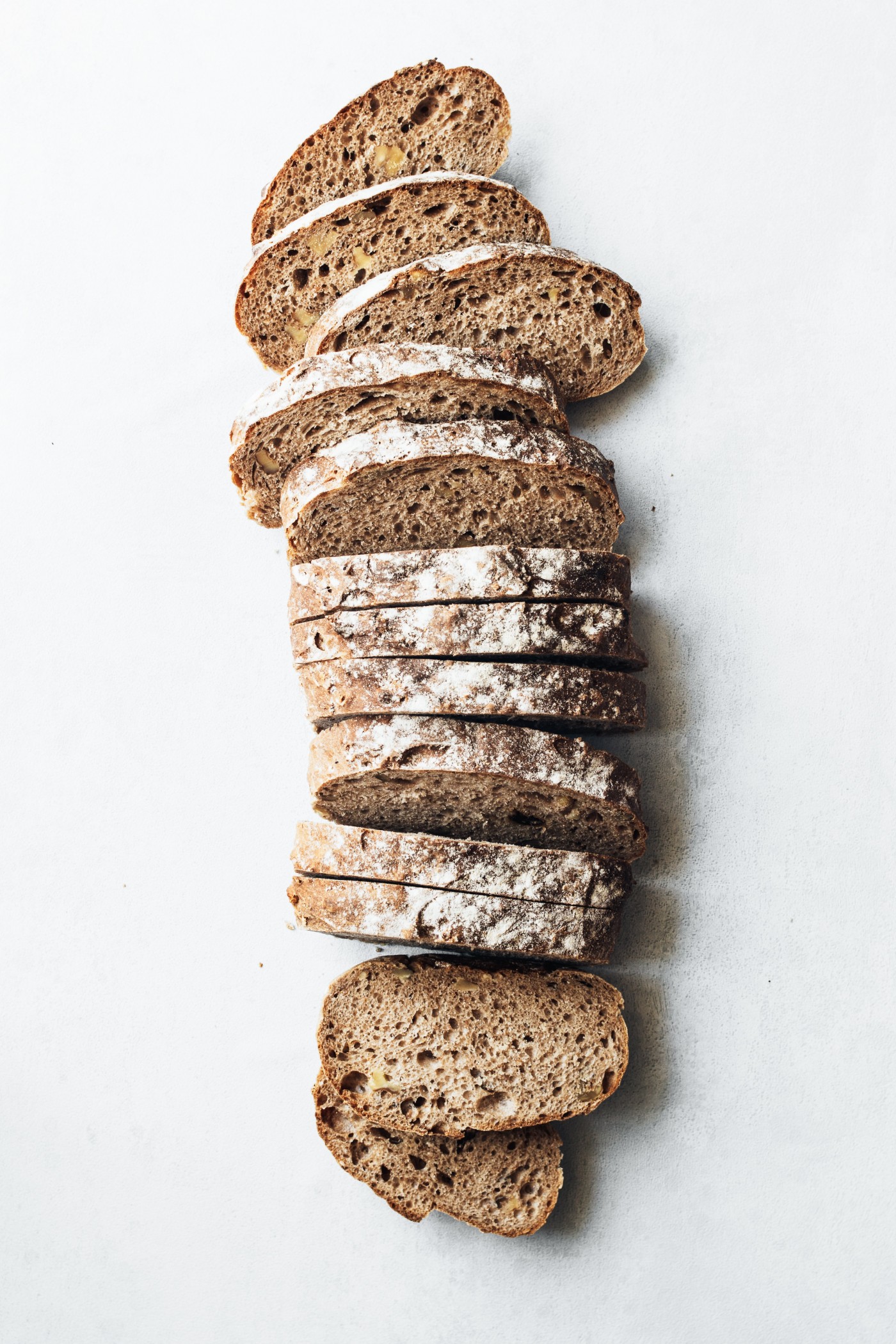
TPH: What does it mean for the old industries now? They can continue as usual, but is demand the same?
CP: There are two very different scenarios. One is called ‘revenge shopping’. For some people not being able to buy was so hard that they are looking for revenge. The old industries would love everyone to embrace this scenario so they can keep all the privileges and the money they use to have…
On the other hand, there is a new world. Almost everyone during their confinement was forced to stop consuming. Some people discovered how to do things with not that much. They realized that they don’t need more clothes in their drawers, that they can re-read the books they have on their bookshelves, that they can cook their own meals …
There will be a fight between the old world and the new world. I don’t know who is going to win as the old world is very strong and had been lobbying us for years.
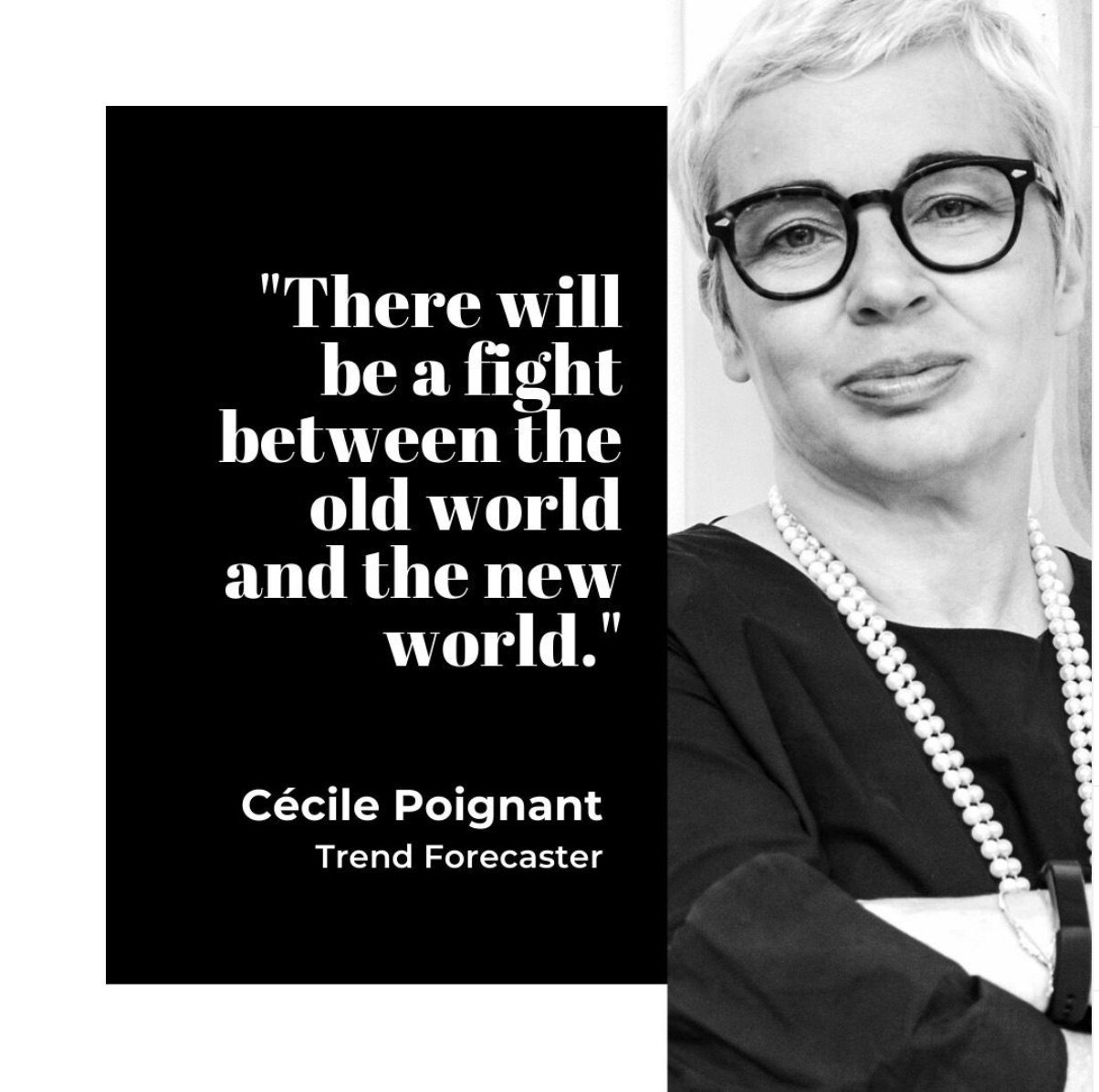
TPH: So how can we co-exist in this fight between the old and the new worlds?
CP: We will live in the mix of both of them because life is not black or white, life is a mixture.
The old world and the big corporate groups will fight to go back to the previous system, because it is the only system they know. They are not very agile because they are big and some of them might die in the battle.
On the other hand, there will be a lot of development of local solutions and smaller manufacturers with more energy. People are starting to use open source solutions. Decathlon has this snorkeling mask; the online community found a solution to add a small part, printed in 3D, to use it for ventilation. In France, a new generation of textile businesses wanted to reposition the market. They are often pure players with local factories and they are able to produce masks with agility.
TPH: There is this theory from Roy Wagner (1981) about the invention of culture as a result of a clash between two other cultures. This conflict creates the new culture. You say we are in the middle, are we creating another culture? A more sustainable one, perhaps?
CP: For many years, we have been speaking about sustainability, and people say “no, we can’t stop these industries, it’s not possible.” What we saw is that, in a couple of days or weeks, a large majority of retail spaces and industries just stopped, so it can be done. It means that if there is a real emergency, we can make radical changes. We can completely change our habits and our way of living, like not going outside to shop every day, except for food and medication.
We never thought that there would one day be such a global worldwide event. A complete game changer. It’s unbelievable; it’s a science fiction scenario.
There will be a lot of fights when the pandemic is over; it’s not going to be peaceful. It’s going to be a struggle between the old world and the new paradigm, the old way of thinking about growing, getting more money, producing more, versus people who want to produce less and make a more human-centered world.

TPH: You work with some great clients in Tourism and Hospitality. What do you see happening with this industry?
CP: Even before the Coronavirus situation, some of my friends in Scandinavia and in Germany didn’t want to take a plane anymore because of the carbon footprint. In the near future, there will be more people travelling locally. Some people will buy a house in the country to start growing their own vegetables and enjoy staying home.
But, there will still be the old-fashioned people that keep accumulating miles on their airline company platinum cards. The old world is not ready to die, and if going to Thailand still costs less than staying at home for a week, then, of course, people will go to Thailand.
TPH: In some way, we are going back to old practices and keeping things simple. Do you believe this will impact future generations and how?
CP: We are making radical choices because we are forced to do so. We didn’t choose to spend time at home, to cook, or to do homeschooling because we love our home. We are in lockdown and, for many of us, it’s unbearable. A few of us are luckier and have a garden or more square meters. During the first week of confinement, many people were like, “Oh, cool. I have so much time. I’ll do all the things I always wanted to do: read my pile of books, try a bunch of new recipes, take yoga classes, and so on.” But it’s not the holidays, we are locked down because the outside is super dangerous due to a virus killing anyone. We’re at home not only with time but with fear and anxiety. After a while, it’s very strange because you don’t even know exactly what day of the week it is and you don’t open the weather forecast app anymore. Because who cares?
When the lockdown ends, some people will spend money on self-indulgence. Probably, this will not last, because they have experienced by themselves the change. I’ve been doing remote work for more than 20 years, but, for many people, working somewhere else than in an office is new. For some others, cooking your own food is new. When people have been experiencing things by themselves for real, not just by reading in a book or on a website, it leaves marks in the mind, in the way of seeing life. There will be consequences in the long term in the way we will work, live, travel, eat, and dress…
I think we all are realizing what we have missed the most. It also gives us clues for the future. What we missed the most is what we should focus on because this is really what we want.
What I miss the most is being outside in nature. It’s not going to a museum, a cafe, or restaurants. What I missed most is walking freely along the river, seeing the trees, smelling the flowers, feeling the wind on my skin, walking bare feet on a beach, and watching the waves on the seaside.

